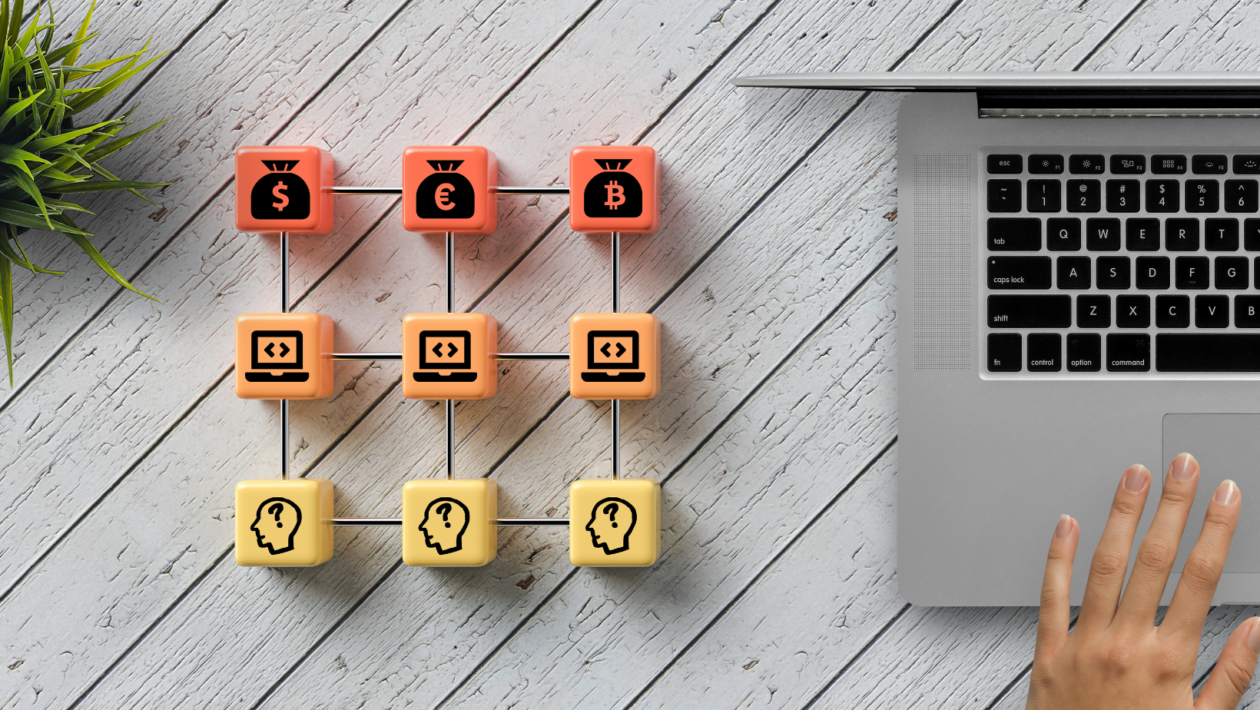Centralized crypto finance took a beating over the last year.
But the people and investors who relied on centralized structures like FTX also took a beating, mostly because they put their trust in these flawed organizations.
Our experience in the crypto space over the last 12 months reveals the need for more and better decentralization in crypto finance. We need more decentralized finance (DeFi), and the centerpiece for meaningful, widespread decentralization will be the rise of decentralized autonomous organizations, or DAOs.
Obstacles remain for DAOs, but the overall value proposition and world-changing potential remain exciting. The current crypto market provides an ideal landscape in which to nurture, prune and refocus DAOs so that they remain an important part of the future and find an edge over their predecessor, the traditional organization.
Obstacles that DAOs still face
DAOs face some challenges that continue to prevent them from becoming a premier form of organization.
One is scaling. Democratic organizations work well up to a certain size, but at a larger scale, they can become slow and inefficient. This is usually solved through some kind of specialization, hierarchy or permissions in traditional organizations, and we don’t know yet if, or how, DAOs can grow massively across borders, languages and cultures in a way that can be efficient, focused, functional and fair.
Another challenge is voting distribution. The jury is still out on how to distribute voting (or governance) tokens among DAO participants in a way to maximize the health and growth of these organizations over the long run.
Treasury management is also a sticky matter for DAOs. Our collective experience with DeFi over the past couple of years has shown that our reliance on multi-sig treasury deployment is both a security risk and can blunt efficiency. In that same basket is the issue of stable, predictable compensation for those who produce in a DAO. Most people don’t want to be paid in a volatile, risky asset — and this is usually the case with native project tokens.
It’s likely that, to attract talent from outside the existing DeFi-degen echo chamber, DAOs will have to start using reliable compensation and governance programs without devaluing project tokens.
But despite these challenges, there remains plenty of potential for DAOs.
Democratized decision-making
In traditional structures like FTX, directors and board members tend to make all the key decisions and the rest of the employees are expected to do what’s asked of them regardless of whether they agree or not.
DAOs create a structure in which the governance of an organization is democratized because participants, or token holders, have the right to submit and vote on proposals that determine the future of the DAO. In other words, DAO participants, for better or worse, decide on the future of the DAO as the majority vote prevails.
With greater transparency and democracy comes the potential for inefficiency. We have seen this with MakerDAO where members submitted a proposal suggesting that the DAO take temporary measures to increase centralization in order to increase efficiency. (The DAO voted against this.) Furthermore, the voting systems within DAOs are far from equal as participants with larger stakes in a DAO’s token typically have greater voting rights. Unequal voting rights coupled with poor voting turnouts have led to 1% of token holders having 90% of voting power within a selection of certain DAOs, according to Chainalysis.
It is true that DAOs still have some ways to go to achieve democratic realities that are ideal. However, as a young innovation, there is plenty of room to improve as DAO participation grows.
Collective ownership and productivity
By creating a structure in which all participants own the DAO’s token, participants are invested in their own organization. In traditional organizations, growth matters most to VCs, shareholders and the people at the top of the pile. This can be demotivating for those lower down in the hierarchy who might work incredibly hard but not fully reap the rewards.
In DAOs, everyone is literally invested in the organization. It is thus in everyone’s interest to see the organization grow. Furthermore, as DAOs become more successful, their native tokens can increase in value, which inevitably motivates holders of the token to be more productive as individuals will be better off as their organization develops. This remains an exciting feature of DAOs.
Growing and diversifying funding
Every organization requires some sort of capital to set up. However, fundraising can prove to be a roadblock no matter how innovative ideas may be. Typically, entrepreneurs depend on VCs who have the capital power to support these organizations. But there are drawbacks to this model including the lack of access to VCs, the expectation of an exit within a short time horizon, and funding with no strategic input.
DAOs show us that funding no longer has to come exclusively from VCs. Gathering sources from those who believe in a single mission could be more strategic as they do not have the same “exit” ambitions as VCs, and opens up participation to anyone who has access to the internet.
We’re seeing a major leveling-up of on-chain DAO tools and services that could help.
Nation-agnostic and global
Organizations of the future will be even more nation-agnostic than they already are. That means we need structures that can bring organizations to the global stage seamlessly. In a world where legal systems are still localized, start-ups face obstacles including having to identify presence within specific legal structures in every new country.
On the other hand, DAOs benefit from the blockchain that puts them on the global stage by default. With the correct tooling, DAOs can have a head start over traditional organizations by cutting out the legal and regulatory wranglings that most start-ups have to overcome. We have seen many DAOs and projects flourish as a consequence of their global nature, for example, Uniswap — which has facilitated over 119 million trades worldwide.
When agreements are not honored by parties, instead of using courts for legal recourse, DAOs benefit from smart contracts, a more modern and potentially efficient form of enforcement. While currently imperfect, in the near future, oracles that provide blockchains with real-world data will help facilitate this.
Leveling-up oracles
This ecosystem will continue to require growth and maturity in the oracle space. That means developing and partnering with projects that make it easier, more efficient and more secure to get real-world data on-chain in a way that allows crypto developers to focus on their novel mechanisms and designs instead of belaboring data verification. We need our oracles to be flexible enough to handle ambiguity.
As oracle infrastructure matures, DAOs will become trustless and truly decentralized — a system not possible with traditional organizations.
DAOs have already blown up within the Web3 space with more than 11,500 currently operating. We are seeing a shift in the Web3 space as DAOs are proving to be an alternative to traditional organizational structures.
DAOs are far from perfect as it remains to be seen how they will evolve and address their problems with inefficiency and unequal voting power. However, the use of appropriate tooling will allow these organizations to solve some of their issues.
As we peer into the future, it will be fascinating to watch which DAOs emerge and how they will disrupt the future of organizational structures.





